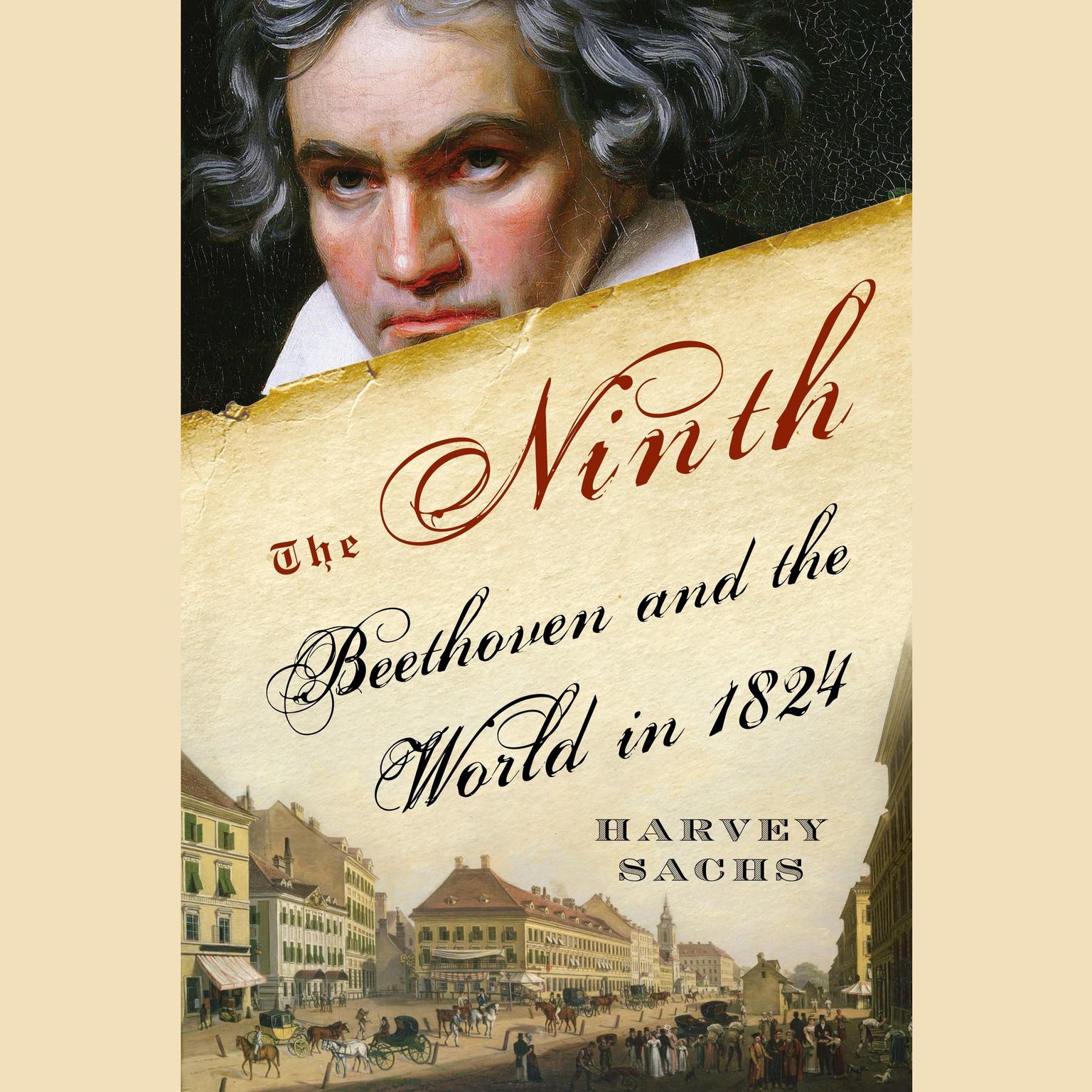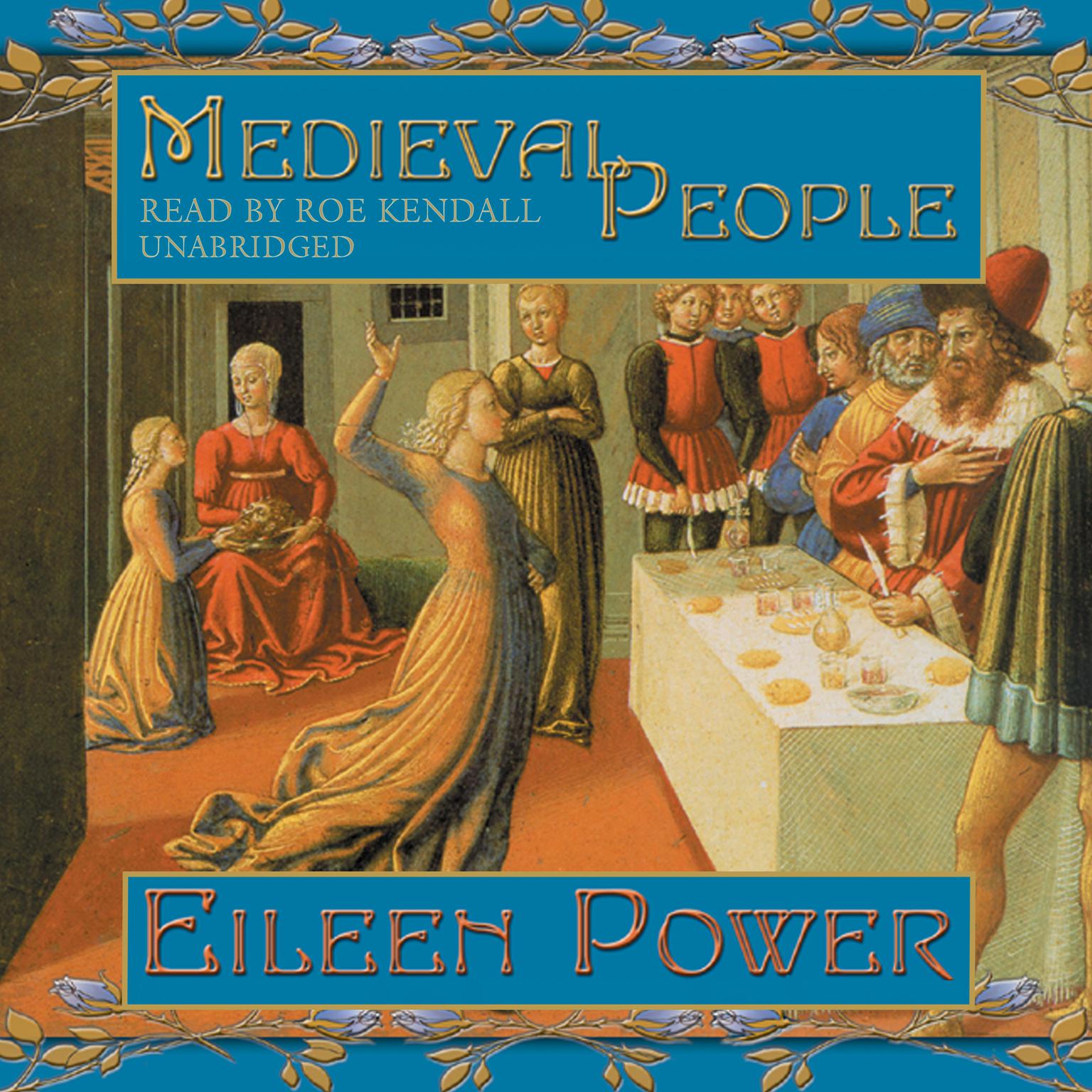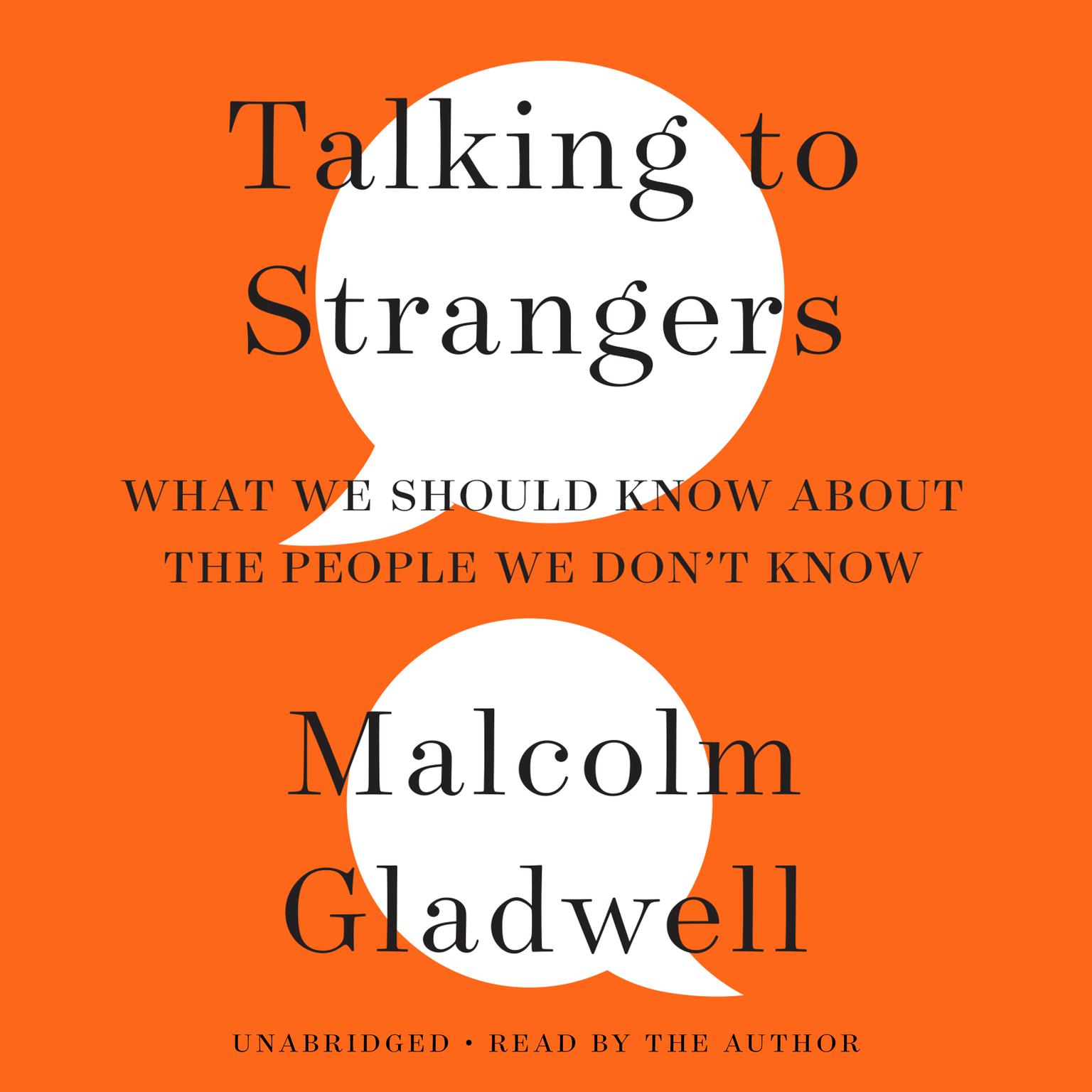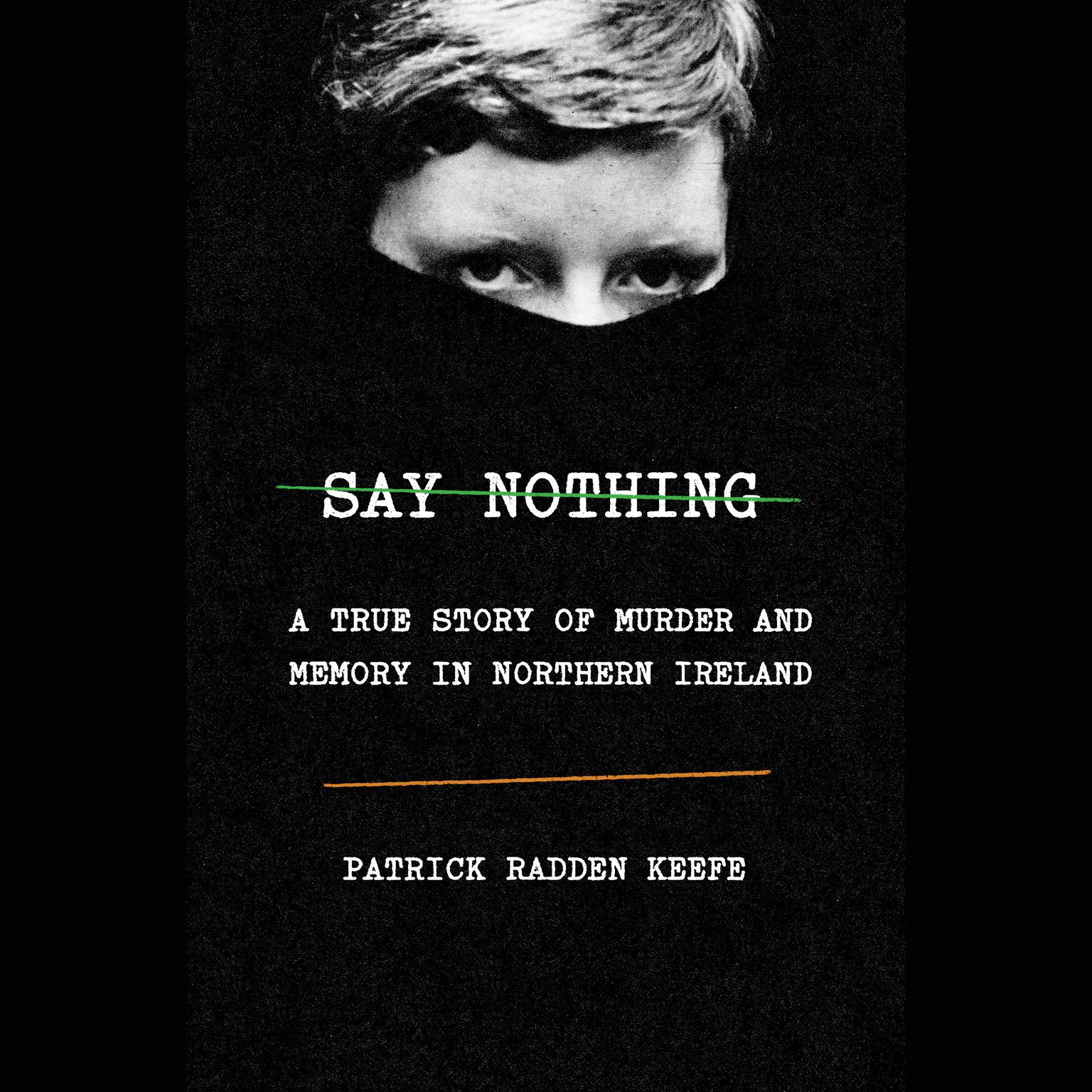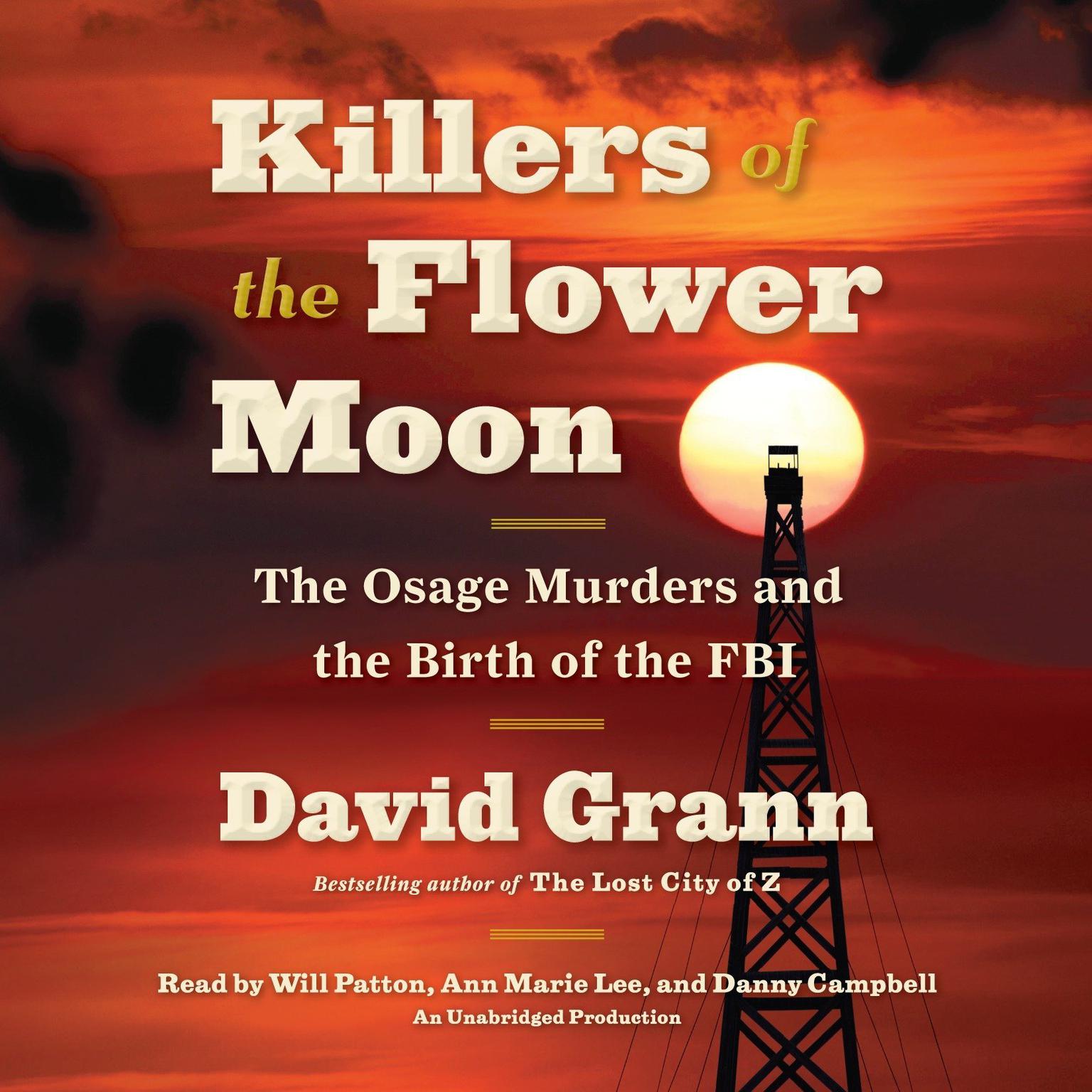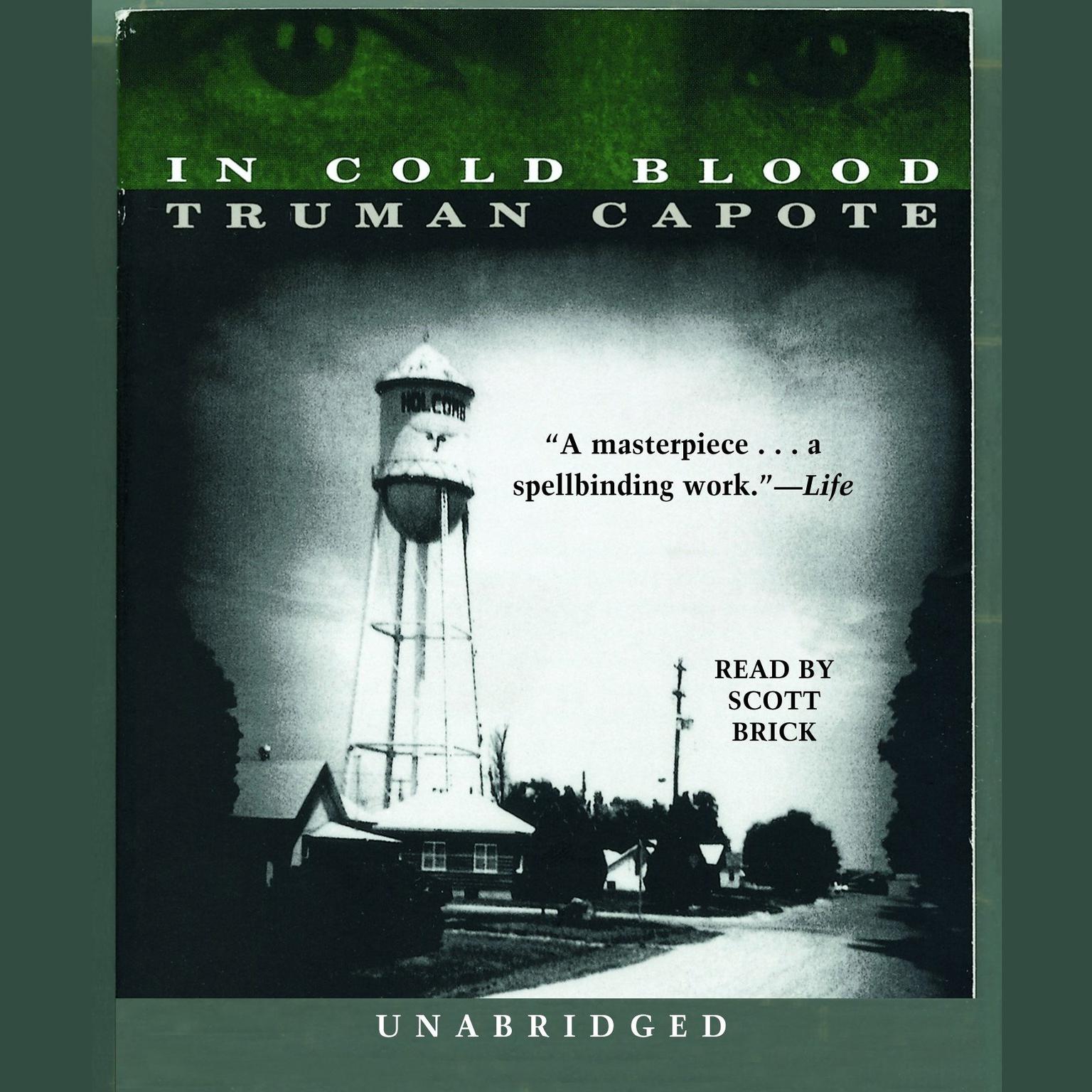Publisher Description
“All men become brothers . . . Be embraced, ye millions!” The Ninth Symphony, a symbol of freedom and joy, was Beethoven’s mightiest attempt to help humanity find its way from darkness to light, from chaos to peace. Yet the work was born in a repressive era, with terrified Bourbons, Hapsburgs, and Romanovs using every means at their disposal to squelch populist rumblings in the wake of the French Revolution and Napoleon’s wars. Ironically, the premiere of this hymn to universal brotherhood took place in Vienna, the capital of a nation that Metternich was turning into the first modern police state. The Ninth’s unveiling, on May 7, 1824, was the most significant artistic event of the year, and the work remains one of the most precedent-shattering and influential compositions in the history of music—a reference point and inspiration that resonates even today. But in The Ninth, eminent music historian Harvey Sachs demonstrates that Beethoven was not alone in his discontent with the state of the world. Lord Byron died in 1824 during an attempt to free Greece from the domination of the Ottoman empire; Delacroix painted a masterpiece in support of that same cause; Pushkin, suffering at the hands of an autocratic czar, began to draft his anti-authoritarian play Boris Godunov; and Stendhal and Heine wrote works that mocked conventional ways of thinking. The Ninth Symphony was so unorthodox that it amazed and confused listeners at its premiere—described by Sachs in vibrant detail—yet it became a standard for subsequent generations of creative artists, and its composer came to embody the Romantic cult of genius. In this unconventional, provocative new book, Beethoven’s masterwork becomes a prism through which we may view the politics, aesthetics, and overall climate of the era. Part biography, part history, part memoir, The Ninth brilliantly explores the intricacies of Beethoven’s last symphony—how it brought forth the power of the individual while celebrating the collective spirit of humanity.
Download and start listening now!
“I liked the summary of the political events going on at the time Beethoven wrote the Ninth. For a full experience, I listened to the symphony as I read. My favorite line to the “Ode to Joy” part of the music is “Alle Menschen werden Bruder.” Such a wonderful line! I gained good insights on the music from the book. I hadn’t thought of Romanticism as revolutionary until the book made the point. For me, a good read.”
—
Ann (4 out of 5 stars)
